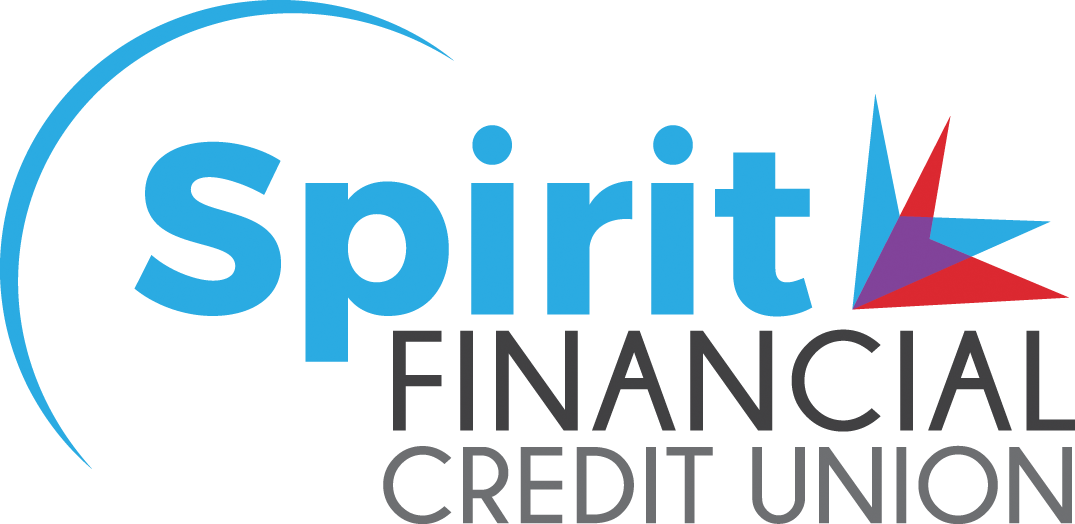Ask these Questions to Get the Best Home Mortgage Loan
Most homebuyers focus exclusively on finding the lowest interest rate home mortgage loan. While a low-rate home mortgage loan is always a good find, It’s important to consider the total fees and other costs involved in the home buying process as well. You will uncover the many fees involved in a mortgage loan by questioning each lender and doing a complete comparison. Fees can vary greatly from lender to lender. Your home search should start with shopping and comparing mortgage lenders. Mortgage pre-approval is an important step in the overall home shopping process, and it starts with comparing lenders.
10 questions to ask your home mortgage lender
Your best defense when shopping for a home mortgage loan is a good offense. Being prepared with many questions can help you fully understand all of the fees and costs involved in your mortgage loan, as well as other factors impacting the interest rate. Here are questions to ask while shopping for a mortgage lender.
What is the interest rate and what is the APR? Yes, they are different. The interest rate refers to the annual cost of the loan to a borrower and is expressed as a percentage. It does not include any fees or other costs. The APR, on the other hand, is the annual cost of the loan to the borrower including fees you pay to the lender or mortgage broker.
What are all of the fees and costs involved in the mortgage loan? You may be surprised at the number of fees that some lenders charge. This can include a loan origination fee, application fee, appraisal fees, credit report fee, title search fee, and other fees. There might even be a mortgage insurance premium and the first payment of your homeowner’s insurance. As you might imagine, these fees can really add up. It’s important to note that they can also vary greatly from mortgage lender to mortgage lender, so it’s important to compare. Fees can be as important a comparison point as the interest rate.
How do you determine how much I am eligible to borrow? A mortgage lender will look at your financials, your income, expenses and work history, as well as your credit score in determining the mortgage amount for which you qualify.
What is your process for pre-approval? You will want to know what to expect.
What is the best type of mortgage loan to fit my particular needs and budget? Your lender may suggest a conventional mortgage loan or perhaps a government-backed loan, depending on your situation. You’ll also want to discuss the differences between a fixed-rate home mortgage loan and an adjustable-rate mortgage loan. Your lender will be able to direct you as to which option would best fit your budget and your needs.
What is the required down payment? Different financial institutions will have different down payment requirements. They can be as low as 5% or as high as 20% or more depending on your credit history and the lender requirements. This may also be a deciding factor for you.
What will the total of my closing costs be? Closing costs are all of the fees involved in the mortgage that you should have covered in question number 2. They can be anywhere from 2 to 5% or more of the total loan. This will be a reinforcement that they gave you a listing of all of the fees and costs you requested. You will want to know this number upfront to help you make your lending decision and so you are not caught by surprise.
Can you give me an idea of when the closing will be? You will be better able to plan with this answer.
Is the mortgage rate locked? A mortgage lock will ensure that the rate you are quoted will stay the same until closing, even if there is a fluctuation in the rate.
Is there any pre-payment penalty? You may decide to refinance your mortgage at some point during the term. Rates may go down or you may wish to refinance for a shorter or longer term. You’ll want to know if there are any penalties involved in doing so.
The term of your home mortgage loan matters
While a longer-term mortgage can make for a lower payment, it also means you will be paying more in interest over the life of your home mortgage loan. It’s no surprise that many first-time homebuyers are opting for this longer home mortgage loan term for a more affordable payment. Just keep in mind, the longer the term, the more the interest payments. It doesn’t necessarily mean you’re locked in for life. If in five years you feel you can handle a larger payment, you can always refinance to a much lower term to save on interest. Consider the mortgage term once you find the lender with the best combination of a competitive interest rate and low fees. Spirit Financial Credit Union offers competitive home mortgage loan rates and lower fees. Even saving a fraction of a percent on your interest rate over the life of your home mortgage loan can save thousands. To reinforce what we stated above. It’s best to do the calculation of the interest savings along with a complete fee and cost comparison. Learn more about the features of a Spirit Financial home mortgage loan online.



